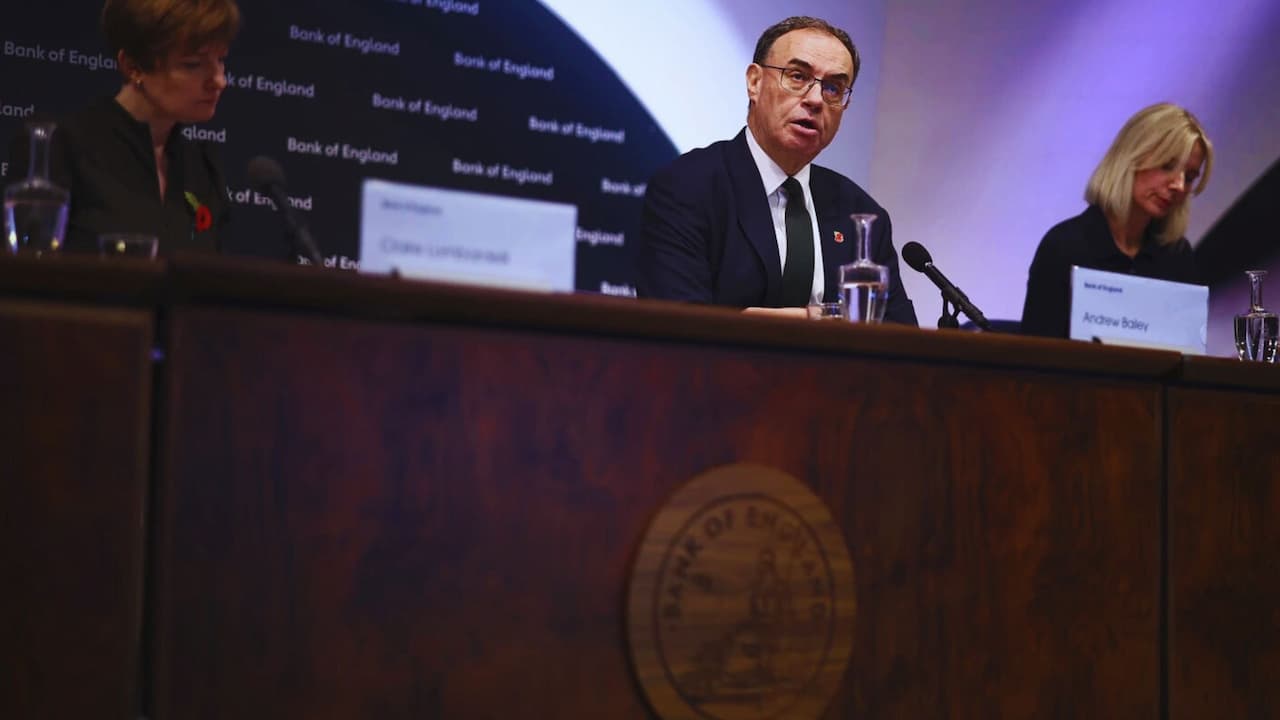British Economy Faces New Inflation Hurdle: Energy Costs Push Prices to 6-Month Peak.
In a significant turn of events for the British economy, consumer price inflation jumped to 2.3% in October 2024, marking its highest level in six months. As a financial reporter following this development closely, I can tell you this isn’t just another number – it’s a warning sign that’s caught everyone’s attention.
The Sudden Surge
The latest Office for National Statistics (ONS) figures tell a compelling story. The jump from September’s three-year low of 1.7% wasn’t just unexpected—it caught many experts off guard. The main culprit? Rising household energy bills hit families right where they hurt: their monthly budgets.
What’s Behind the Numbers?
Several key factors are driving this inflation spike:
- Higher domestic energy costs leading the charge
- Service sector inflation remains sticky (affecting 80% of the UK economy)
- New budget measures from the Labour government potentially add to price pressures
- Global uncertainties creating additional market tension
The Bank of England’s Dilemma
Bank Governor Andrew Bailey now faces a tricky situation. The Bank recently cut its primary interest rate to 4.75%, but this inflation spike puts future cuts in doubt. The December 19 meeting will be crucial, with rate-setters carefully weighing their options.
Looking Ahead: Storm Clouds Gathering?
The road ahead looks bumpy. Treasury chief Rachel Reeves’s recent budget announcement of £70 billion in extra spending, funded through increased business taxes and borrowing, could add more fuel to the inflation fire. Businesses might pass these new tax costs to consumers, pushing prices even higher.
Global Picture Gets Complicated
The international scene adds another layer of complexity. Global markets are adjusting to new realities, including potential policy changes in significant economies. According to Monica George Michail, an economist at the National Institute for Economic and Social Research, inflation might exceed 3% in early 2025.
Impact on Daily Life
For the average Brit, this means:
- Higher monthly bills
- Potentially more expensive goods and services
- Continued pressure on household budgets
- Uncertainty about mortgage rates
Market Response
The financial markets have already started adjusting their expectations. Traders are now scaling back their bets on future rate cuts, suggesting they believe high rates might stick around longer than previously thought.
Expert Analysis
Financial analysts are increasingly cautious. The combination of domestic policy changes and global uncertainties creates what one expert calls a “perfect storm” for sustained inflation pressure. The markets’ reaction suggests a growing acceptance that the fight against inflation isn’t over yet.
Looking to 2025
The outlook for 2025 remains uncertain. While the Bank of England is expected to continue cutting rates, the pace might be slower. This cautious approach reflects both domestic challenges and global economic uncertainties.
Bottom Line
The October inflation spike reminds us that economic recovery rarely follows a straight line. While the 2.3% rate might not seem dramatic compared to recent years’ highs, experts are concerned about the trend and timing. As we move toward 2025, policymakers and households must stay alert and adaptable.
The message is clear for now: Britain’s inflation battle isn’t over yet, and the road to price stability might be longer and more winding than many had hoped.
